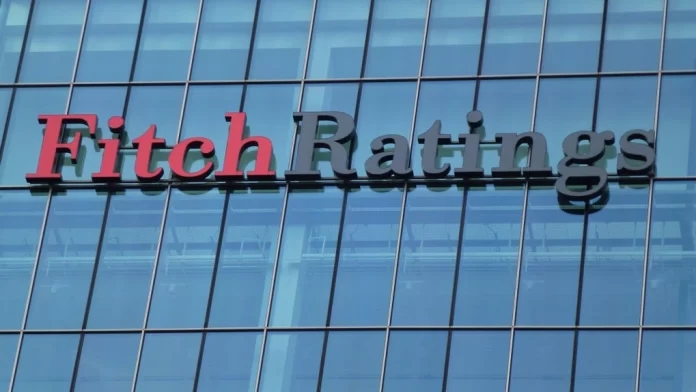The extended electoral cycle is likely delaying additional fiscal consolidation measures until at least H2 2025, and without additional measures, there are risks to the 2025 deficit forecast of 7.5% of GDP, especially given the large monthly deficits at the beginning of 2025, according to an analysis by the Fitch Ratings agency.
According to cash data, the budget deficit in January and February 2025 was RON30 billion (or 1.6% of forecast 2025 GDP), similar to the RON29 billion last year, illustrating the policy trade-offs around fiscal consolidation due its potential adverse impact on growth. Furthermore, like most EU countries, Romania will face pressures to increase defence spending (2024: 2.3% of GDP).
Notwithstanding the political and fiscal risks, a subdued recovery in the agency’s baseline scenario will see 1.4% GDP growth in 2025 and 2.2% in 2026, helping reduce the deficit to a still-high 6.8% of GDP in 2026. This does not prevent the general government debt-to-GDP ratio increasing sharply to 62% in 2026 (2023: 49%), above the projected current BBB’ median of 56%, and to about 70% of GDP by 2028 in the agency’s baseline projections.
Fitch says that political uncertainty will stay high in Romania in the run-up to May’s rerun presidential election, Fitch Ratings says. The challenges to reducing record-high deficits and stabilising debt and the risks to the durability of the coalition government amid social polarisation are reflected in the Negative Outlook on Romania’s ‘BBB-‘ sovereign rating.
The three leading candidates ahead of the first-round vote on May 4 are Crin Antonescu, official candidate of Romania’s three-party coalition government; George Simion, leader of the populist Alliance for the Union of Romanians (AUR), the second-largest party in parliament; and the Bucharest mayor’s Nicusor Dan, running as an independent. A run-off contest will be held on 18 May if no candidate secures more than 50% of the first-round vote.
Political uncertainty increased significantly after Romania’s Constitutional Court annulled November’s first-round presidential election result following the surprise victory of ultranationalist Calin Georgescu, due to alleged foreign interference. December’s parliamentary elections delivered a more divided legislature with an increase of far-right, anti-EU parties.
„Developments this year are consistent with Fitch’s view, held since the December 2024 rating review when we revised Romania’s Outlook to Negative, that political uncertainty would remain elevated at least until the presidential elections. Earlier in March, the Constitutional Court unanimously rejected Georgescu’s candidacy for May’s rerun election, leading to some protests by his supporters. Georgescu has accepted the ruling and endorsed George Simion, whose candidacy could now become the focal point for attracting anti-establishment sentiment and protest votes.”
Foreign policy and defence are key responsibilities of the president, but the president has no formal role in economic policy or in the measures directly related to absorption and allocation of EU funds. Nevertheless, the outcome of the presidential elections could have implications for investor confidence, the sustainability of the coalition government, and its political capacity to implement fiscal consolidation, according to Fitch.
AGERPRES




